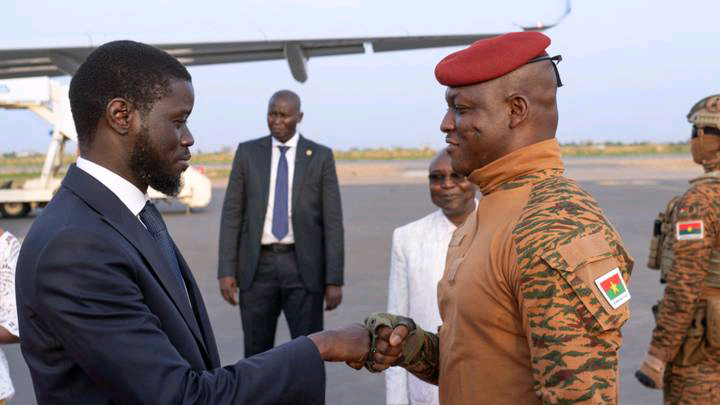By: Chioma Madonna Ndukwu
Senegal’s President, Bassirou Diomaye Faye, has reported “progress” in his mission to mediate between ECOWAS and the Sahel nations; Burkina Faso, Mali, and Niger, who are set to leave the bloc in January 2025. These three countries announced their departure earlier this year, accusing ECOWAS of aligning too closely with France and failing to address their security needs in the face of escalating militant violence. They have since formed the Alliance of Sahel States (AES), shifting their alliances towards Russia.
At the Doha Forum, Faye emphasized that while the AES represents a response to the region’s security challenges, it shouldn’t lead to the disintegration of ECOWAS. “There is nothing today to prevent the Alliance of Sahel States from being maintained,” he noted, but stressed the importance of keeping ECOWAS united. He also highlighted the need for institutional reforms within ECOWAS to adapt to the changing political landscape and regional issues.
The Sahel countries, grappling with militant insurgencies since 2012, have become increasingly critical of ECOWAS, accusing the bloc of inadequate support in combating extremism. Faye’s comments underscored the necessity of reforming the organization to improve governance and responsiveness to current crises. He remarked, “The progress made by the bloc, such as improved movement of people and goods, must not be masked by problems of governance.”
Faye’s own political agenda in Senegal has focused on economic transformation, following his electoral victory on a platform of radical change. As Senegal positions itself as a diplomatic and economic hub in the region, Faye emphasized Senegal’s commitment to open partnerships based on mutual respect for sovereignty and social standards.
In the broader context, the Sahel’s rift with ECOWAS reflects growing dissatisfaction with the bloc’s leadership and its role in the ongoing security and political crises in the region. While ECOWAS has faced a series of coups since 2020, Faye’s diplomatic mission may determine whether these divisions can be bridged or whether ECOWAS will lose its relevance in West Africa’s geopolitical landscape.
The tension between ECOWAS and the Sahel nations reflects a broader struggle for autonomy and control in a region that has long been shaped by external powers. The dissatisfaction voiced by Burkina Faso, Mali, and Niger is rooted in a complex mix of colonial legacies, security failures, and shifting alliances. While reforming ECOWAS to address its internal challenges is essential, the real question is whether the bloc can adapt to the rapidly changing dynamics of African geopolitics and regain the trust of its members. For Senegal’s president, Faye, this is an opportunity to showcase both his diplomatic acumen and his vision for an Africa that determines its own future.


